Daniel Kim
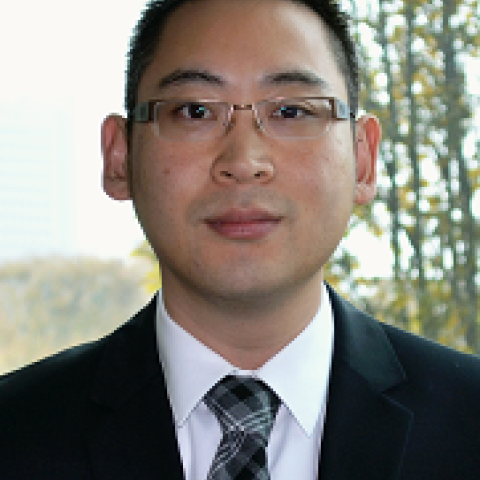

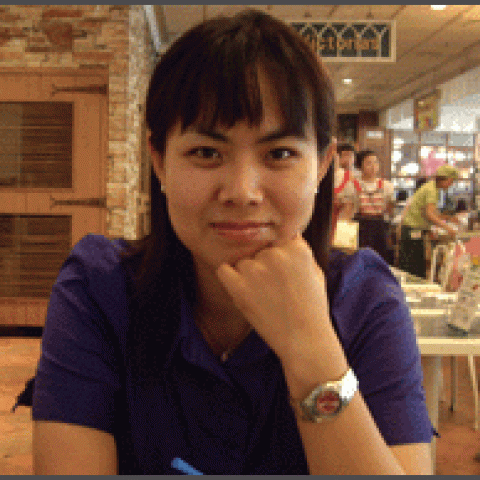
Dr. Hyesoon Kim received her Ph.D. degree in electrical and computer engineering from the University of Texas at Austin. Her research interests include high-performance energy-efficient computer architectures, programmer-compiler-architecture interaction, low-power high-performance embedded processors, and compiler and hardware support for dynamic optimizations, virtual machines, and binary instrumentation.

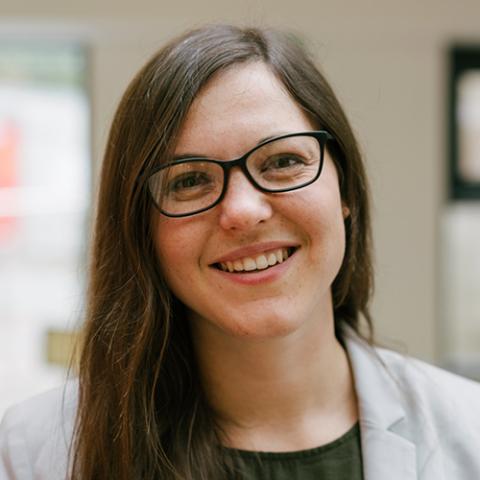
Dr. Nicole Kennard is a Research Scientist II within BBISS and serves as the Assistant Director for Community-Engaged Research. She supports faculty across the university in building meaningful and co-creative research partnerships with local communities to address pressing sustainability and societal challenges. She works closely with the Center for Sustainable Communities Research & Education (SCoRE) to provide trainings for GT researchers to work with communities in research partnerships.
Kennard also leads her own community-engaged research in sustainable food systems. Her work focuses on building resilient, community-focused food systems and uplifting local agriculture, agroecology, and food sovereignty as solutions to the complex, intertwined challenges of food insecurity, climate change, and land degradation. She uses a combination of quantitative methods (lifecycle assessment, mapping, soil health and ecosystem service assessments) and qualitative methods (in-depth interviews) to support this systems-level research. She is currently working with local partners to build a food systems map for the City of Atlanta.
Kennard holds a PhD in Chemistry and Biosciences from the University of Sheffield (Grantham Centre for Sustainable Futures); an MSc in Sustainable Agriculture and Food Security from Newcastle University (U.S. Fulbright Scholar); and a B.S. in Materials Science and Engineering from the Georgia Institute of Technology.
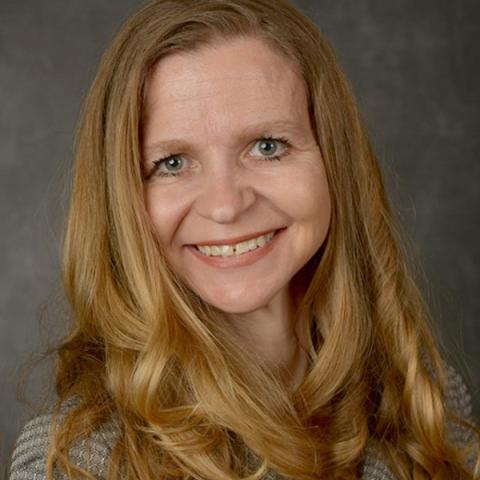
DeBrae Kennedy-Mayo is a faculty member at the Georgia Tech Scheller College of Business. Kennedy-Mayo co-developed and currently co-teaches “Privacy for Professionals,” a graduate-level online privacy class, where she has received numerous Thank-a-Teacher recognitions. Her research focuses on legal and policy implications of technology, privacy, and cybersecurity. Kennedy-Mayo is also a Senior Fellow with the Cross-Border Data Forum.
Kennedy-Mayo is the co-author of several editions of the International Association of Privacy Professionals (IAPP) book entitled U.S. PRIVATE-SECTOR PRIVACY: LAW AND PRACTICE FOR INFORMATION PRIVACY PROFESSIONALS – the book used by individuals preparing for the IAPP certification exam on U.S. private-sector privacy. Kennedy-Mayo is the co-author of numerous articles related to technology, privacy and cybersecurity, with particular focus on the implications of data localization as well as the challenges of law enforcement in accessing electronic evidence. Kennedy-Mayo regularly speaks at conferences around the world on these topics.
Prior to joining Georgia Tech’s faculty, Kennedy-Mayo served as an Assistant Attorney General for the State of Georgia and an Assistant District Attorney in several counties in Georgia. During this time, Kennedy-Mayo litigated in state and federal courts, and also handled the appeals of her cases.
Kennedy-Mayo graduated with honors from the Emory University School of Law, where she was a managing editor for the Emory International Law Journal and was the founder of the Atlanta Bureau of the Internet Law Journal. At Emory Law, Kennedy-Mayo was named an Atlanta Law School Foundation Fellow. Kennedy-Mayo graduated with honors from Winthrop University, where she was the recipient of the Wylie Mathematics Scholarship.
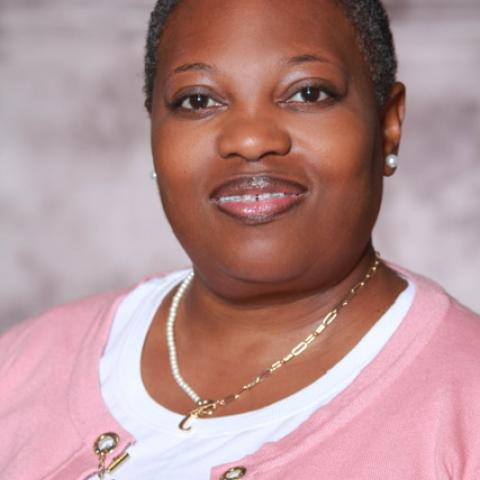


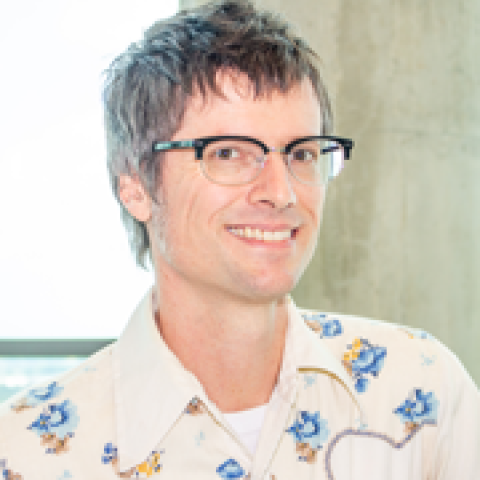
Jeremy Johnson is a research scientist with IPaT where he has been working since 1999. Jeremy’s interests include ubiquitous computing, augmented reality, human-computer interaction, computer audio, sound design and creative applications of computing to the arts. At IMTC he contributes his skill as a software engineer to guide software development projects through the full software life cycle, from requirements gathering to deployment.
Ubiquitous Computing; Augmented Reality; Human-Computer Interaction; Computer Audio; Sound Design
